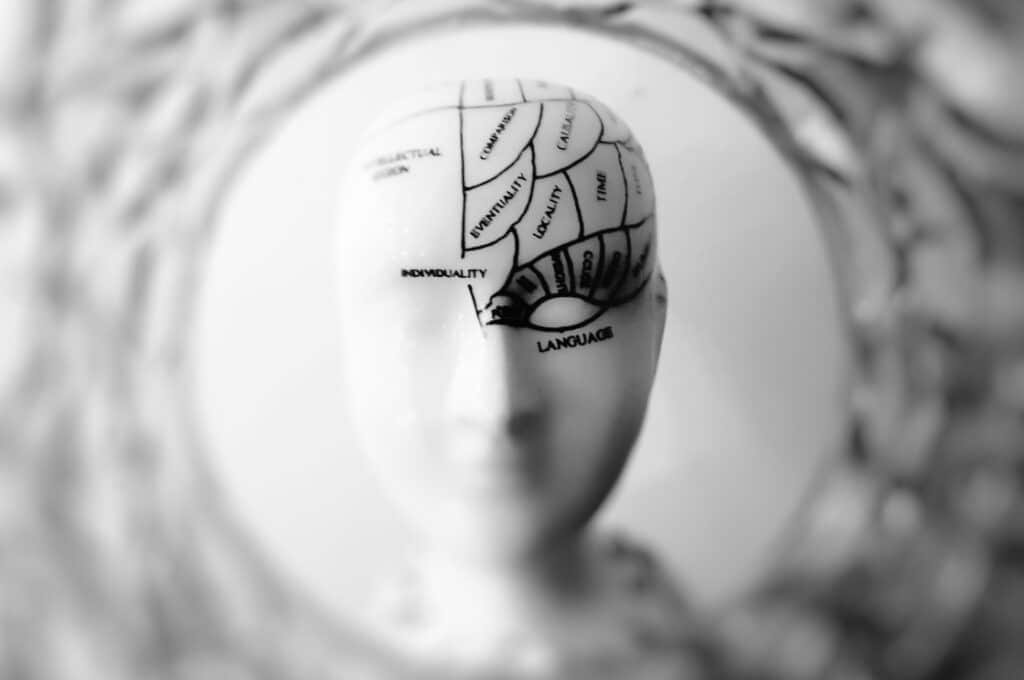Having a couple of drinks at a party is normal — a glass of wine with dinner, a beer at a party, a martini at a mixer. However, we don’t often consider how our brain reacts to alcohol. It’s about time we ask ourselves, what does drinking alcohol do to the brain?
How Alcohol Changes Your Behavior
The most common answer is easily observable. Alcohol lowers inhibition and slows reflexes. This is because alcohol slows the brain’s communication with the rest of the body.
Less Control of Feelings and Behavior
As your inhibition lowers, you are less able to control your feelings and behavior. You may say things you don’t mean, become irritable, giggly, or weepy, slur your speech, and lose your balance.
You are also more likely to take risks you wouldn’t normally take when sober. Because of the increased chemicals in your brain, you suddenly feel braver. Kissing your crush may seem less intimidating, or telling someone off may seem to empower you.
Reaction Times Decrease
Alcohol also affects your ability to move quickly, which is why drinking and driving is never a good idea. You aren’t able to make quick decisions and react fast enough in the presence of danger when under the influence of alcohol.
Loss of Focus
While under the influence, it becomes harder for you to focus on one subject for long periods of time. Your mind begins to wander to whatever your surroundings remind you of. In the event you drink more than your body can handle, you may become forgetful or “blackout.” Alcohol also affects your ability to retain memories.
The Science of It All
When you consume alcohol, the liver does its best to filter it out of your body. However, after some time, the liver will become overwhelmed, and the alcohol will remain in your bloodstream. This is when you begin to feel the effects of consuming alcohol.
Alcohol affects the pleasure center of your brain, increasing norepinephrine, adrenaline, and dopamine levels. This is why you feel drunk and may feel happier or more at ease. Alcohol affects all different parts of the brain that influence decision-making, motor function, cognition, balance, and more. The more you drink, the more your brain is impacted.
As you drink over time, the release of norepinephrine becomes slower, increasing your tolerance of alcohol. This is how alcohol becomes addictive. The desired feeling alcohol gives you becomes harder and harder to reach. As a result, you drink higher amounts of alcohol at once. This is when long-term alcohol use becomes dangerous for your brain.
Long-Term Alcohol Use
Over time, the brain takes significant damage from alcohol’s effects. Because alcohol increases dopamine levels, you tend to feel happier or more relaxed when drinking. However, the more you drink, the higher your tolerance will be. It will become more and more challenging to feel the same high as you did when you first began drinking. As a result, you start drinking more.
The brain’s neuro pathways can be permanently damaged by prolonged alcohol use. Your memory, speech, focus, and motor function can be severely impaired over time. For example, research is starting to show links between extensive alcohol use and dementia. As you drink more and more, your brain takes more and more damage. At some point, your brain will lose its ability to form or retain memories, causing memory loss.
It’s Time to Talk to Someone
Understanding the effects alcohol has on the brain is one way to live smarter with alcohol. Your health is important, and if you feel like you have been increasing your alcohol use, you can benefit from talking to someone. A therapist can help you understand why you feel the need to drink large amounts of alcohol. With therapy, you can come up with strategies to resist the urge to drink and find other ways to relieve stress or cope with negative feelings.
A therapist can also help you accept the feelings you have that push you to drink. As you accept your feelings, you can begin the work to overcome them. A therapist or counselor can also connect you to a community of people in similar situations. You can be yourself and talk about your struggles with like-minded people who are there for you and understand what you’ve been through.
Online Therapy for Alcohol Struggles
It is common to feel hesitant to talk with someone face-to-face. Online therapy is an option for those who feel this way. With online therapy, you can talk with someone over instant messaging or video and won’t feel pressured to answer for fear of awkward silence. Online therapy is a way to feel secure and safe while being free to be vulnerable with a qualified professional who wants to help.
Mindfuli understands why alcohol may be a crutch for you. However, with online counseling and therapy, you can take control of your life. With Mindfuli, you can talk to someone who can work with you to find out why you feel the way you do. A therapist can help you develop coping mechanisms to resist drinking alcohol, and they can connect you to a community you can relate to. Understanding how alcohol affects your brain is one step in making smarter decisions about your health and well-being, and now you are ready for the next step. You are capable of more than you think. You can be in control of your happiness. Call Mindfuli at (866) 973-4415 to learn more.
